'It's like being in a breakaway all day': Nathan Haas on switching to gravel racing
After a decade in the WorldTour, the Aussie tells CW about his pivot into the gravel scene
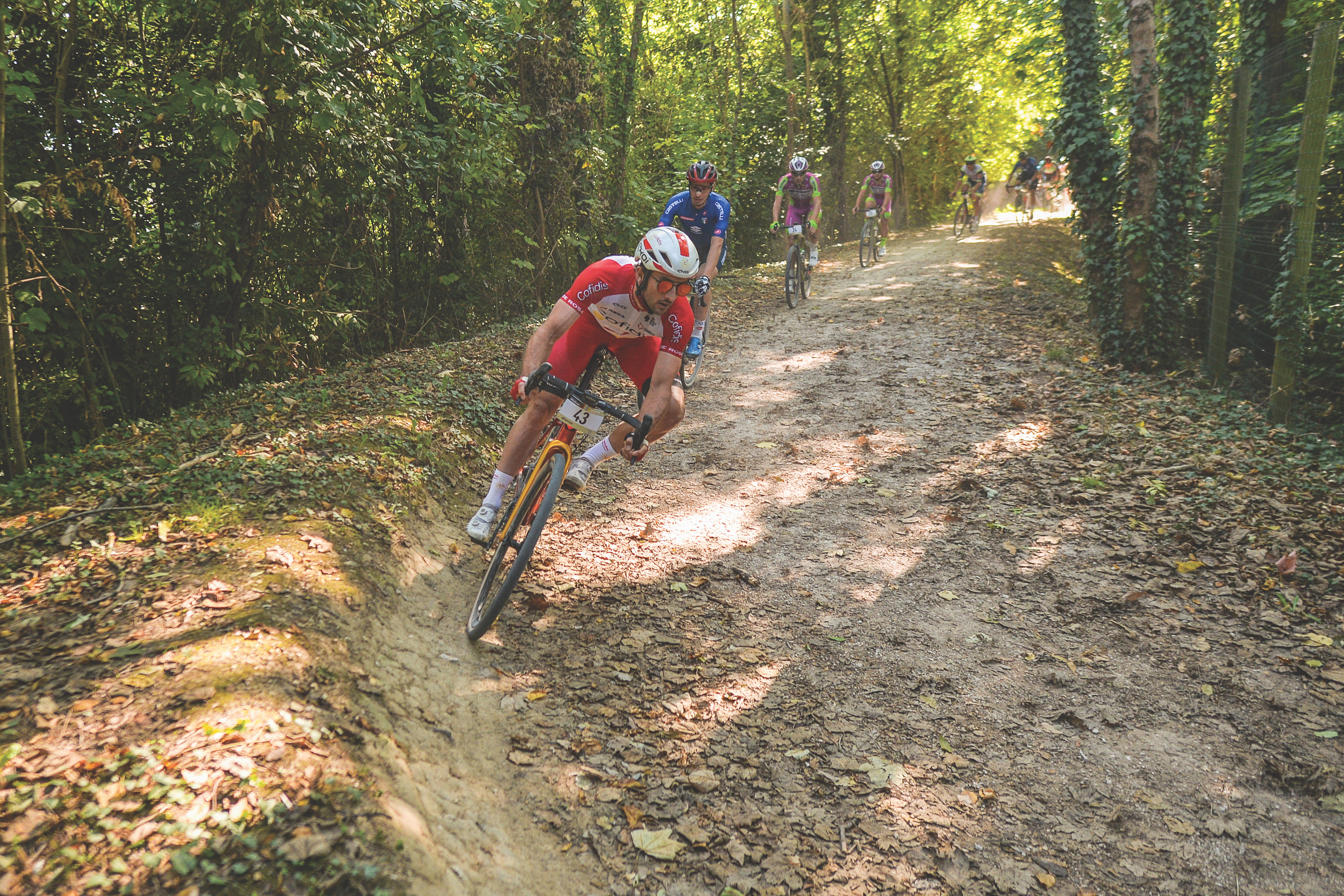

For each article in this long-running WATT WORKS FOR ME series from Cycling Weekly's print edition, we ask a pro rider about their favourite things in training: what has helped them most in getting to where they are today. The aim is to get to the heart of the beliefs and preferences they hold dear when it comes to building form, maximising fitness and ultimately achieving results. For this edition, we speak to Nathan Haas...
Why did you decide to switch to gravel?
Originally, I didn’t choose cycling, cycling chose me. I started with downhill MTB before moving to cross-country. I then did some road races and just kept progressing through the ranks. I started riding gravel six or seven years ago, but it wasn’t called gravel back then. After 10 years in the WorldTour, it can be a struggle to get back to the top – you’re either no longer good enough or getting bored of doing the same thing – whereas gravel is a whole new world.
Was gravel racing a shock to the system after so long in the WorldTour?
You don’t have the traditional road race dynamic, and tactically it is a completely different sport. The selections tend to happen early, with everyone going hard for the first 50km, especially if there are climbs at the start. Once the selection is made, it’s like being in a breakaway all day. If we’re looking at it from a numbers perspective, in a road race there is a big difference between your average and normalised power, whereas in gravel they are pretty close. The amount of time you’re under load on a gravel bike is phenomenal.
Has your training changed in any way?
Part of my reason for leaving the WorldTour was wanting to get rid of the discipline part of cycling. Professional cycling has moved so far away from the reasons that we all originally fell in love with the sport – everyone is told what to do and is micro-managed. I’m selfcoached this year. It’s not that I’ve got no structure but I do have more autonomy. When I was a road pro, I always felt as if there was this overwhelming stress and pressure from other people in the organisation. Now, if it’s raining, for example, I just change the way I train that day and don’t have the guilt of missing a session.
Get The Leadout Newsletter
The latest race content, interviews, features, reviews and expert buying guides, direct to your inbox!
Don’t you miss having a plan?
The truth about training plans is that coaches aren’t able to predict the future. If you’re training well, staying healthy and not messing yourself up, you’re going to be on the right trajectory. If you can eliminate the guilt factor from missing a day’s training, you tend to end up being healthier and happier. This year I made a conscious decision to get back into a healthy relationship with my bike.
Do you still ride on the road at all?
Yes, as there is such a thing as too much gravel. Gravel is an all-body sport similar to MTB, but without the suspension helping you out. At the minute, in the latter part of the season, I’m at a 70:30 ratio between the road and gravel bike, but for the majority of the year it was 80:20 gravel to road.
What are the biggest gravel riding misconceptions?
Gravel isn’t just this pool of riders who can’t race on the WorldTour anymore. While there is a bit of that, just because you can’t or don’t want to race at the highest level on the road doesn’t mean you should just hang up your wheels. Gravel is really fun and it comes down to the individual. It also turns out that the highest level of gravel is harder than I expected!
Rider profile: Nathan Haas
Age: 33
Height: 5ft 8in
Weight: 70kg
Peak power: 1,650W
Lives: Girona, Spain
Rides for: n/a
Best results: 1st – Tour of Britain GC (2012); 1st – Japan Cup (2011, 2014); 4th – Amstel Gold Race (2014)
Twitter: @NathanPeterHaas
Instagram: nathanpeterhaas
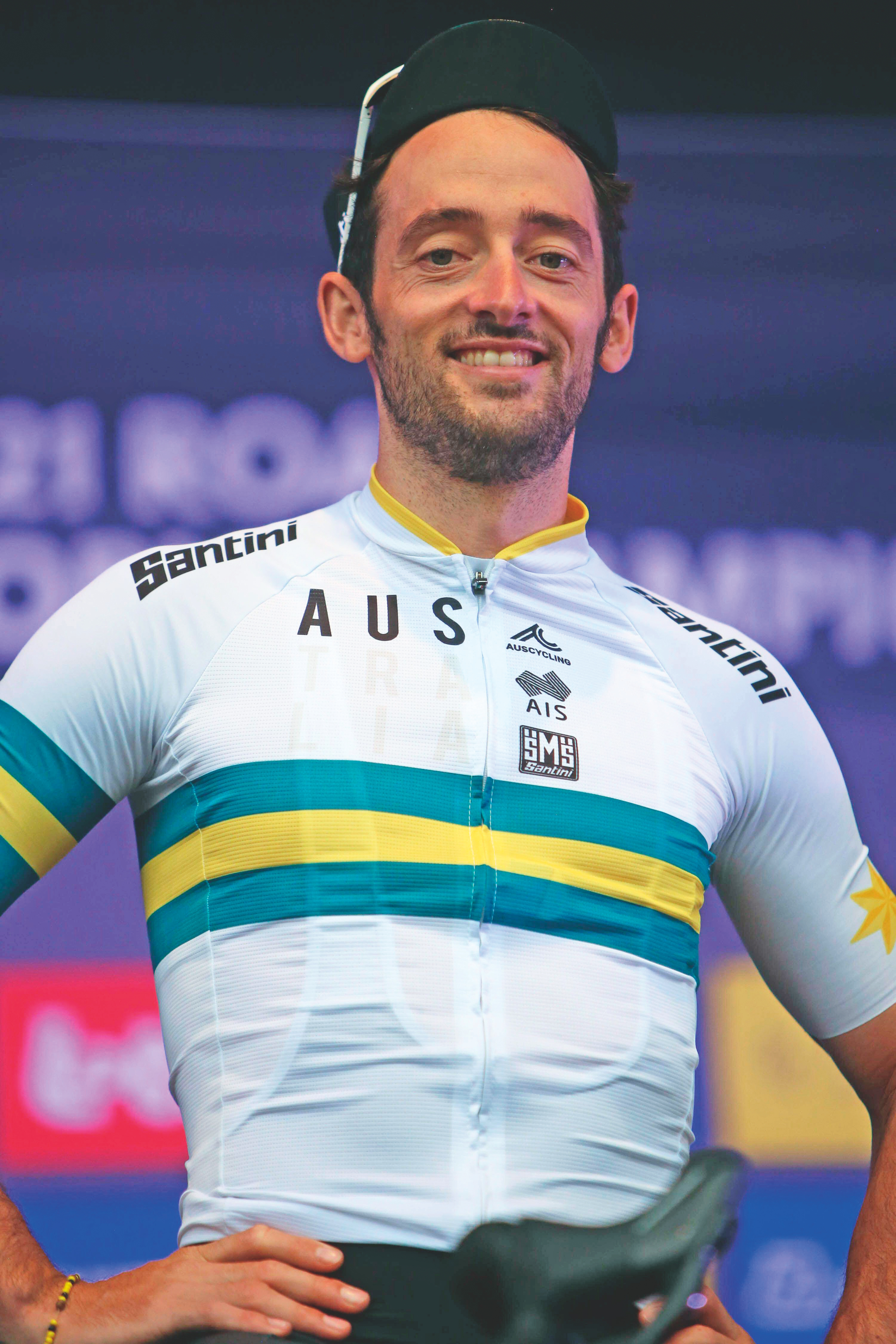
How to switch to gravel?
Organisation. The biggest change for me has been learning how to manage the logistics as a solo rider. Travelling and packing everything for myself, cleaning the bike and making sure I know where I’m getting my dinner from, as well as fuelling and spares on race day without relying on staff. There’s a lot to think about.
Do you need to use a power meter?
It depends on what you’re trying to do in gravel. If you’re trying to race and be the best, you probably need to have a power meter – not for racing but certainly in training. But if you’re just riding around with friends to have fun, what does it matter?
Quick-fire faves
Motivational song? ‘Karma Police’ by Radiohead
Place to ride? Adelaide Hills, South Australia
Type of race? “All guts”
Type of training? Any ride with good friends
Cafe stop treat? Cinnamon roll
Sport or hobby away from cycling? Fishing and guitar, but not simultaneously
Inspirational person? Winston Churchill
Guilty pleasure? I don’t have any guilt for my pleasures
Quality in a training partner? Ability to make me laugh
The full version of this article was published in the 29 September 2022 print edition of Cycling Weekly magazine. Subscribe online and get the magazine delivered to your door every week.

Thank you for reading 20 articles this month* Join now for unlimited access
Enjoy your first month for just £1 / $1 / €1
*Read 5 free articles per month without a subscription

Join now for unlimited access
Try first month for just £1 / $1 / €1

Joe Laverick is a professional cyclist and freelance writer. Hailing from Grimsby but now living in Girona, Joe swapped his first love of football for two wheels in 2014 – the consequence of which has, he jokes, been spiralling out of control ever since. Proud of never having had a "proper job", Joe is aiming to keep it that way for as long as possible. He is also an unapologetic coffee snob.
-
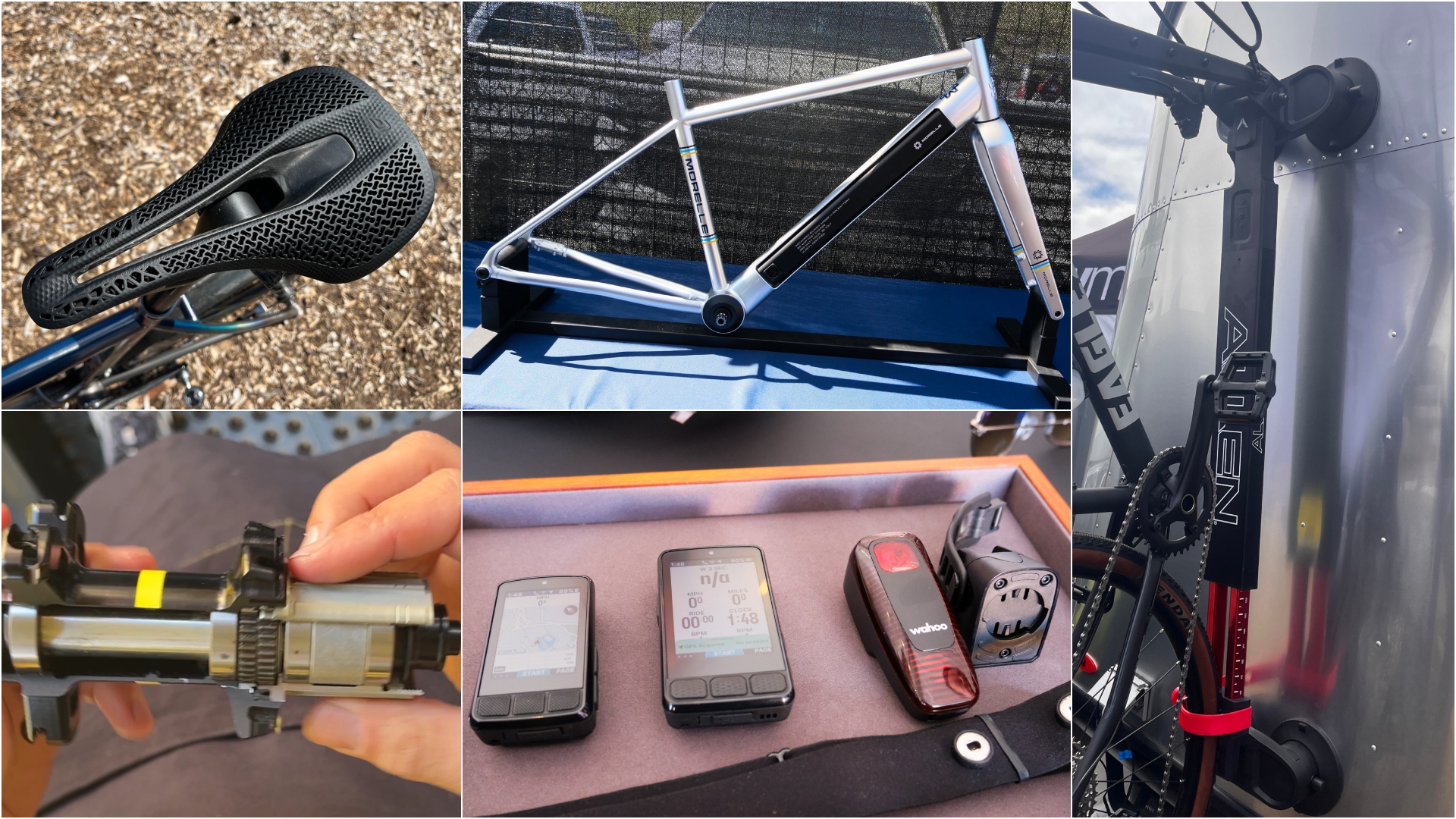 A bike rack with an app? Wahoo’s latest, and a hub silencer – Sea Otter Classic tech highlights, Part 2
A bike rack with an app? Wahoo’s latest, and a hub silencer – Sea Otter Classic tech highlights, Part 2A few standout pieces of gear from North America's biggest bike gathering
By Anne-Marije Rook
-
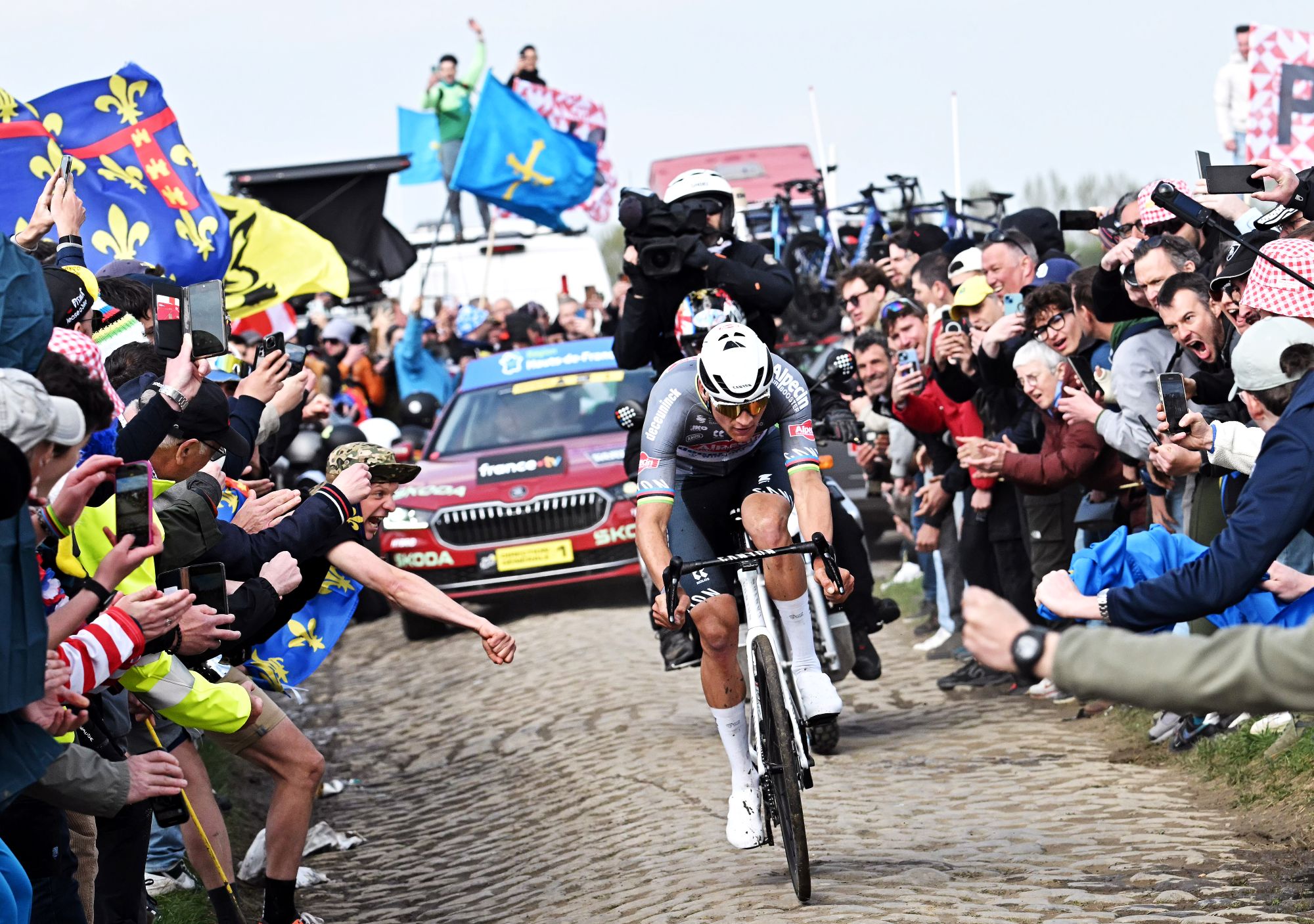 Cycling's riders need more protection from mindless 'fans' at races to avoid another Mathieu van der Poel Paris-Roubaix bottle incident
Cycling's riders need more protection from mindless 'fans' at races to avoid another Mathieu van der Poel Paris-Roubaix bottle incidentCycling's authorities must do everything within their power to prevent spectators from assaulting riders
By Tom Thewlis
-
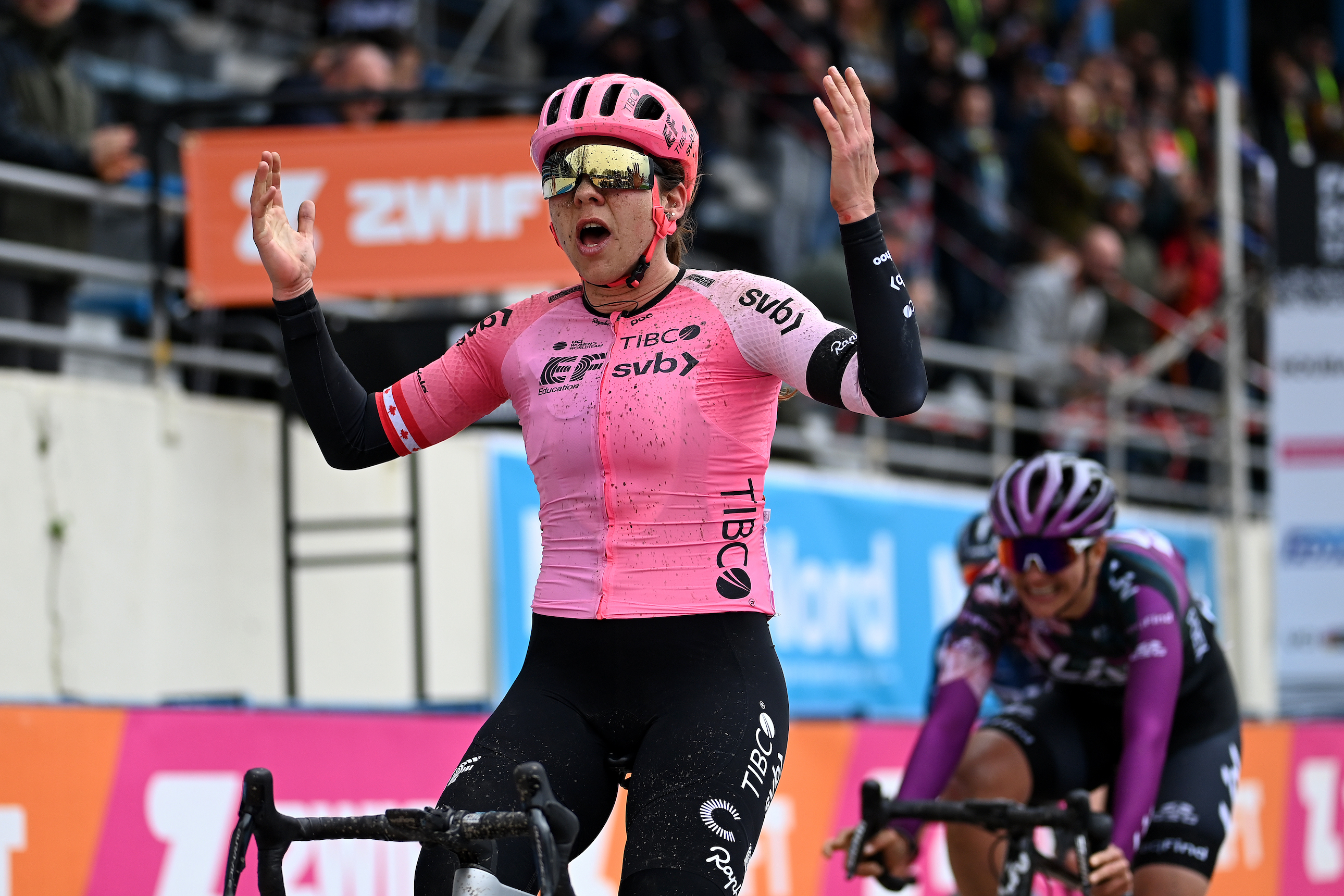 'I've gone from gathering rocks on the bison farm to picking up the biggest rock of them all – Paris-Roubaix': Alison Jackson on her formative influences
'I've gone from gathering rocks on the bison farm to picking up the biggest rock of them all – Paris-Roubaix': Alison Jackson on her formative influencesThe Paris-Roubaix Femmes champ talks racing by instinct and lessons learnt on the family farm
By David Bradford
-
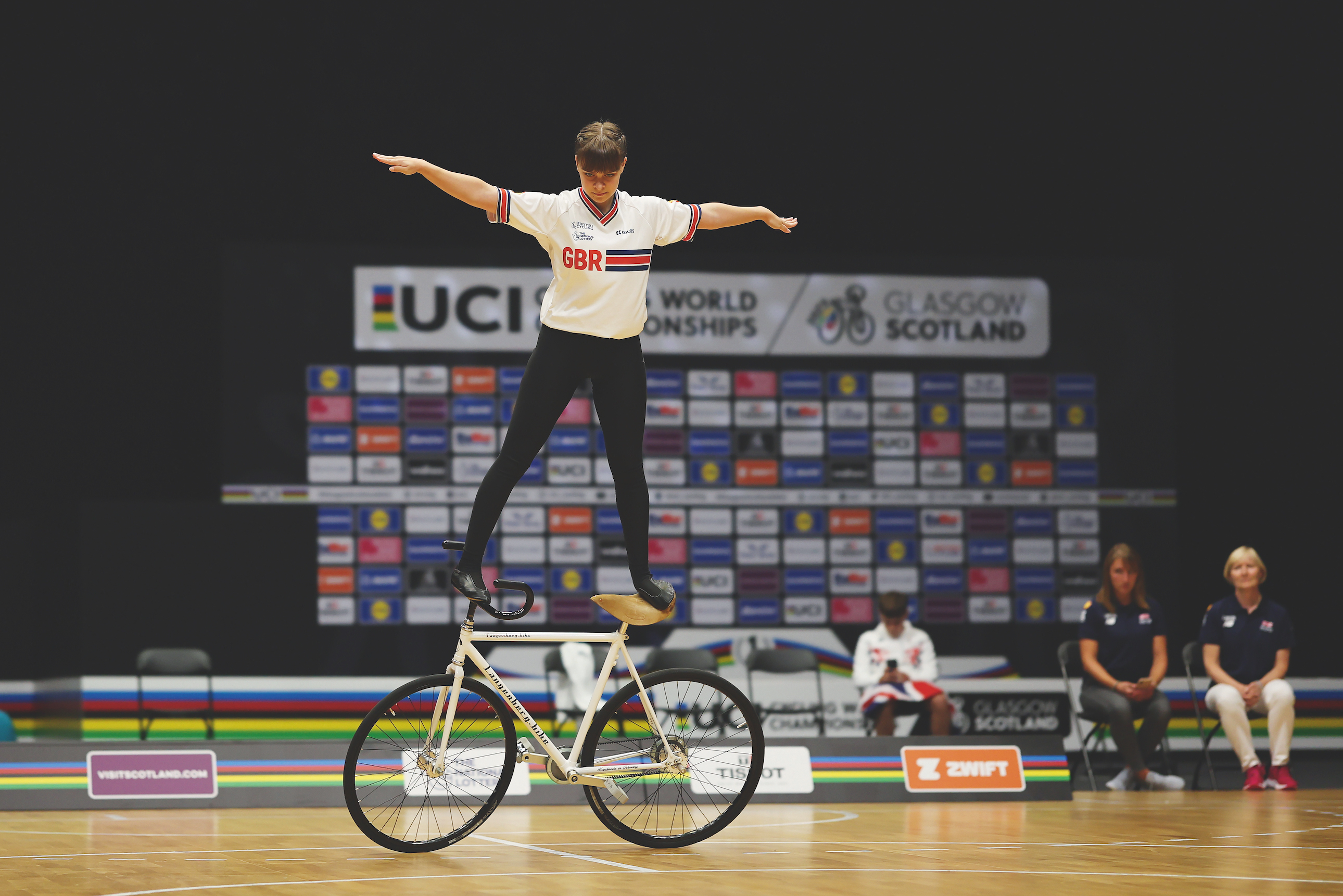 Top-tube handstands and saddle to handlebar leaps: We speak to the UK's only world-class artistic cyclist
Top-tube handstands and saddle to handlebar leaps: We speak to the UK's only world-class artistic cyclistTeenager Katarina Howe was the only GB representative in the discipline of artistic cycling at the Super Worlds
By Joe Laverick
-
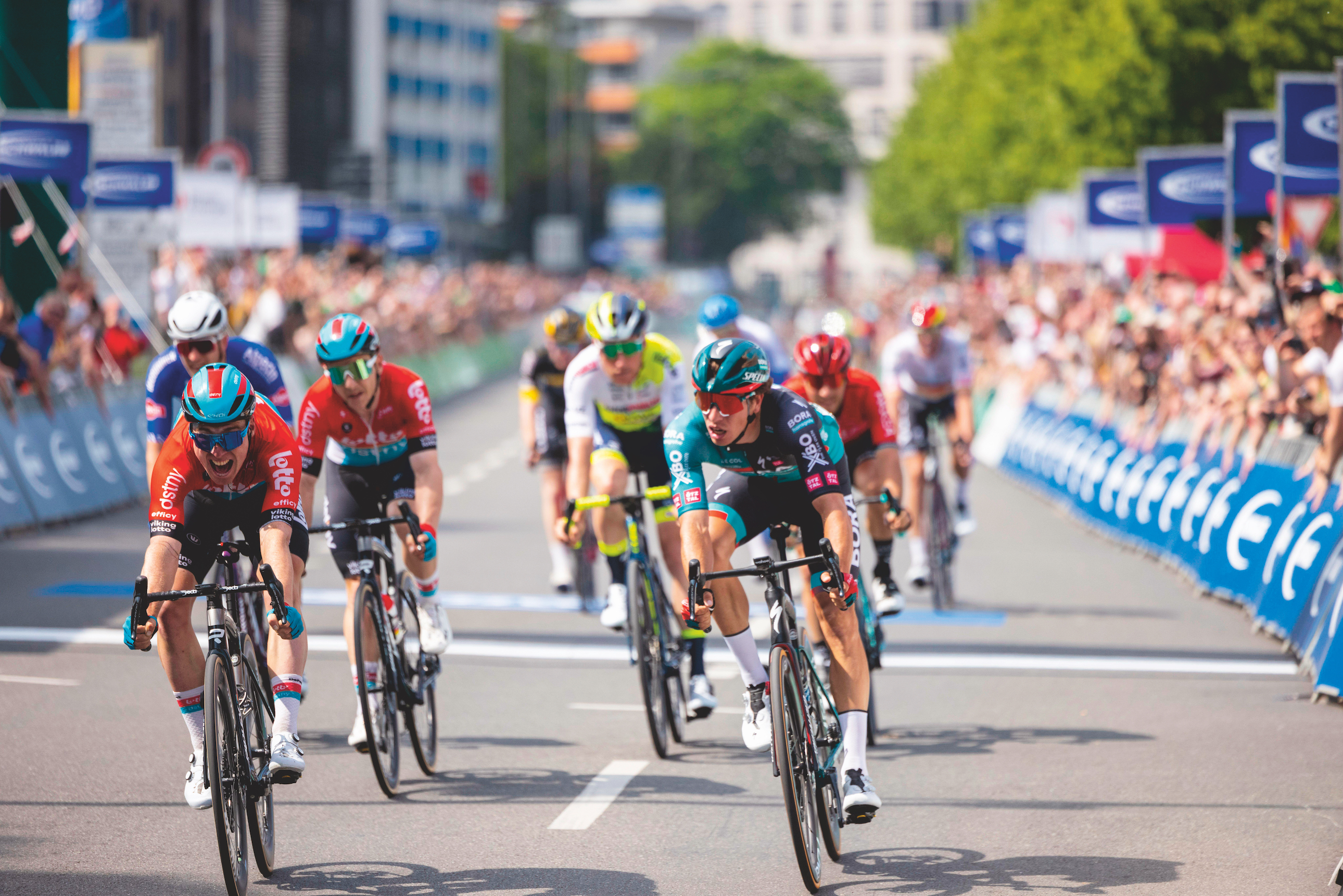 'It's all about instinct, making split-second decisions': Danny van Poppel on how to be an unbeatable lead-out man
'It's all about instinct, making split-second decisions': Danny van Poppel on how to be an unbeatable lead-out manThe Dutch powerhouse tells us how he's switched from sprinting to bossing it for others
By Chris Marshall-Bell
-
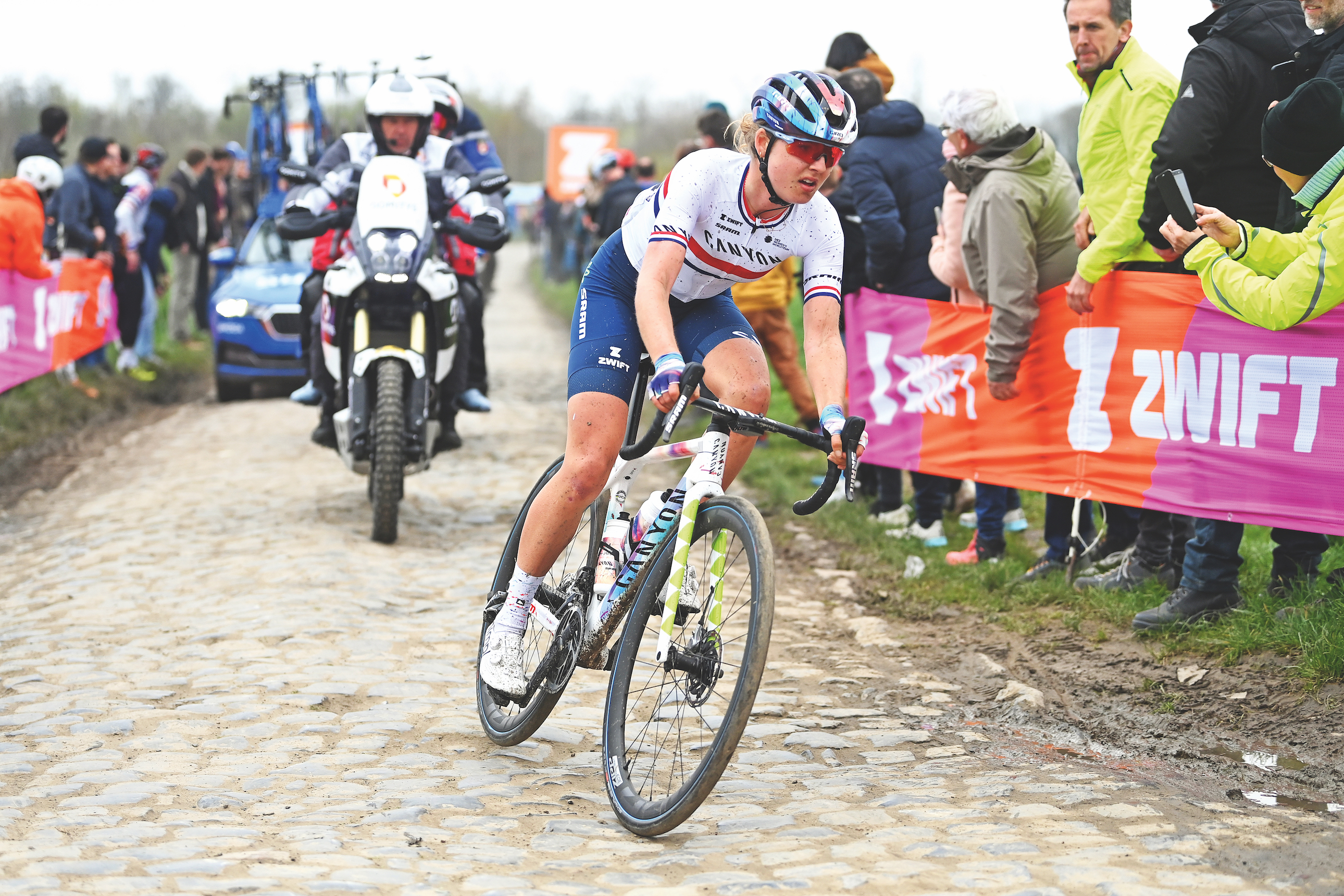 From national road race title, to knee surgery, to Tour de France Femmes: Alice Towers on her 'crazy' year
From national road race title, to knee surgery, to Tour de France Femmes: Alice Towers on her 'crazy' yearThe national road race champ talks injury recovery, progress and the importance of routines
By David Bradford
-
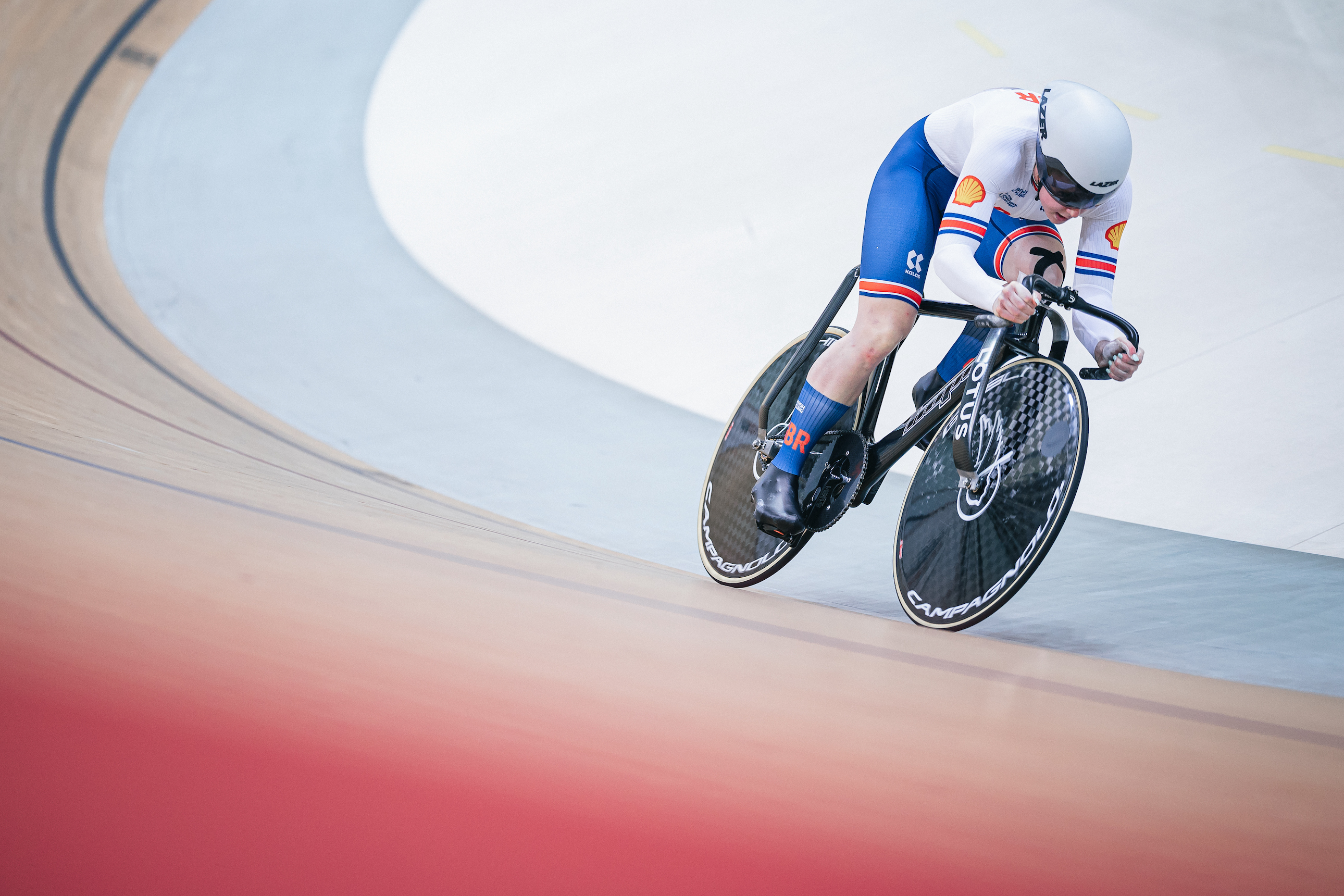 'We're cyclists but we do a lot of jumping!': Sprinter Emma Finucane on making progress by leaps and bounds
'We're cyclists but we do a lot of jumping!': Sprinter Emma Finucane on making progress by leaps and boundsThe four-time national champion tells us how she’s become Britain’s leading light in the sprint events
By Chris Marshall-Bell
-
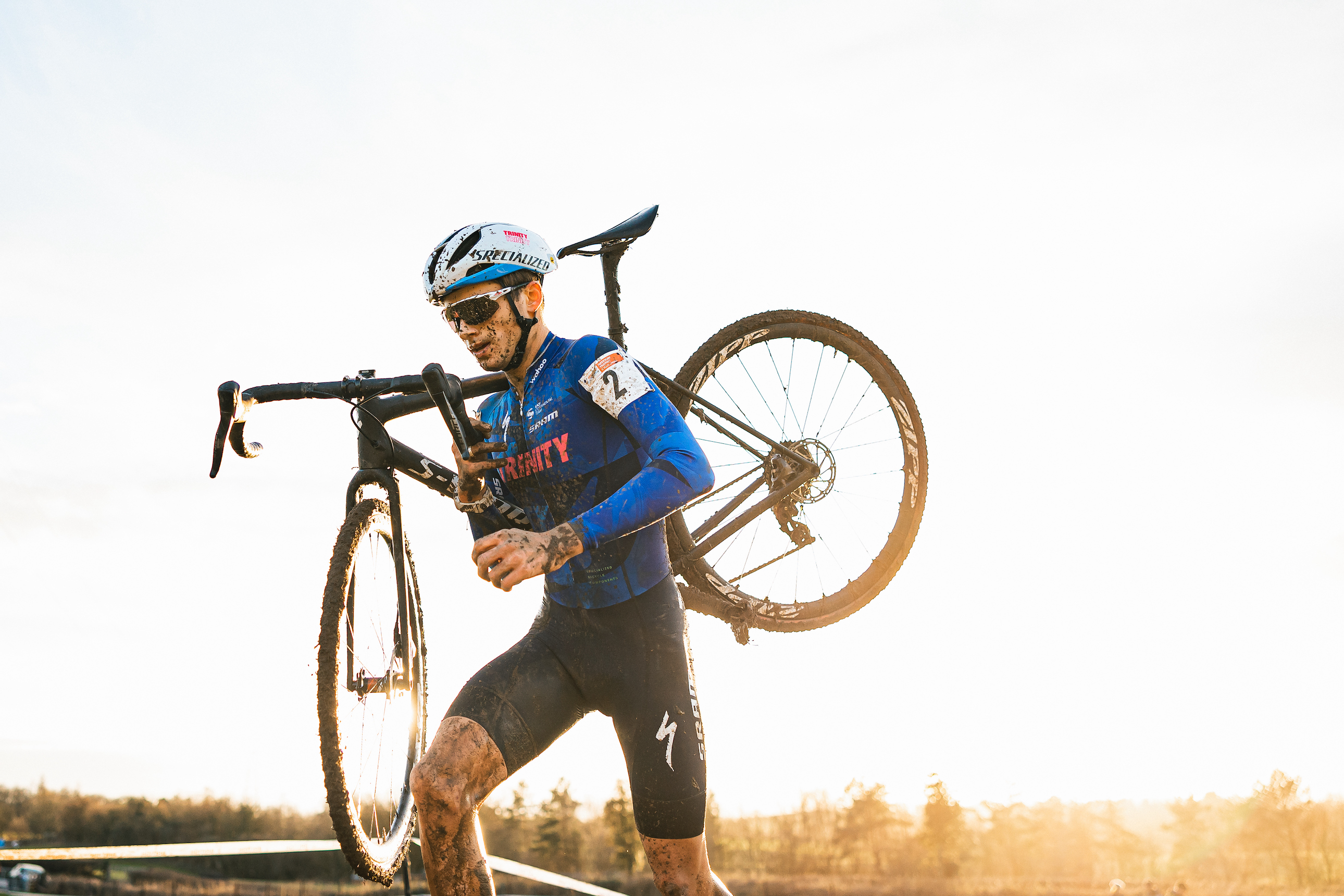 From shattered elbow to Worlds top-10: Cameron Mason on willpower, patience... and the hunt for a decent vegan breakfast
From shattered elbow to Worlds top-10: Cameron Mason on willpower, patience... and the hunt for a decent vegan breakfastBritain's top-tier cyclo-cross rider tells us how he keeps getting better year after year
By David Bradford
-
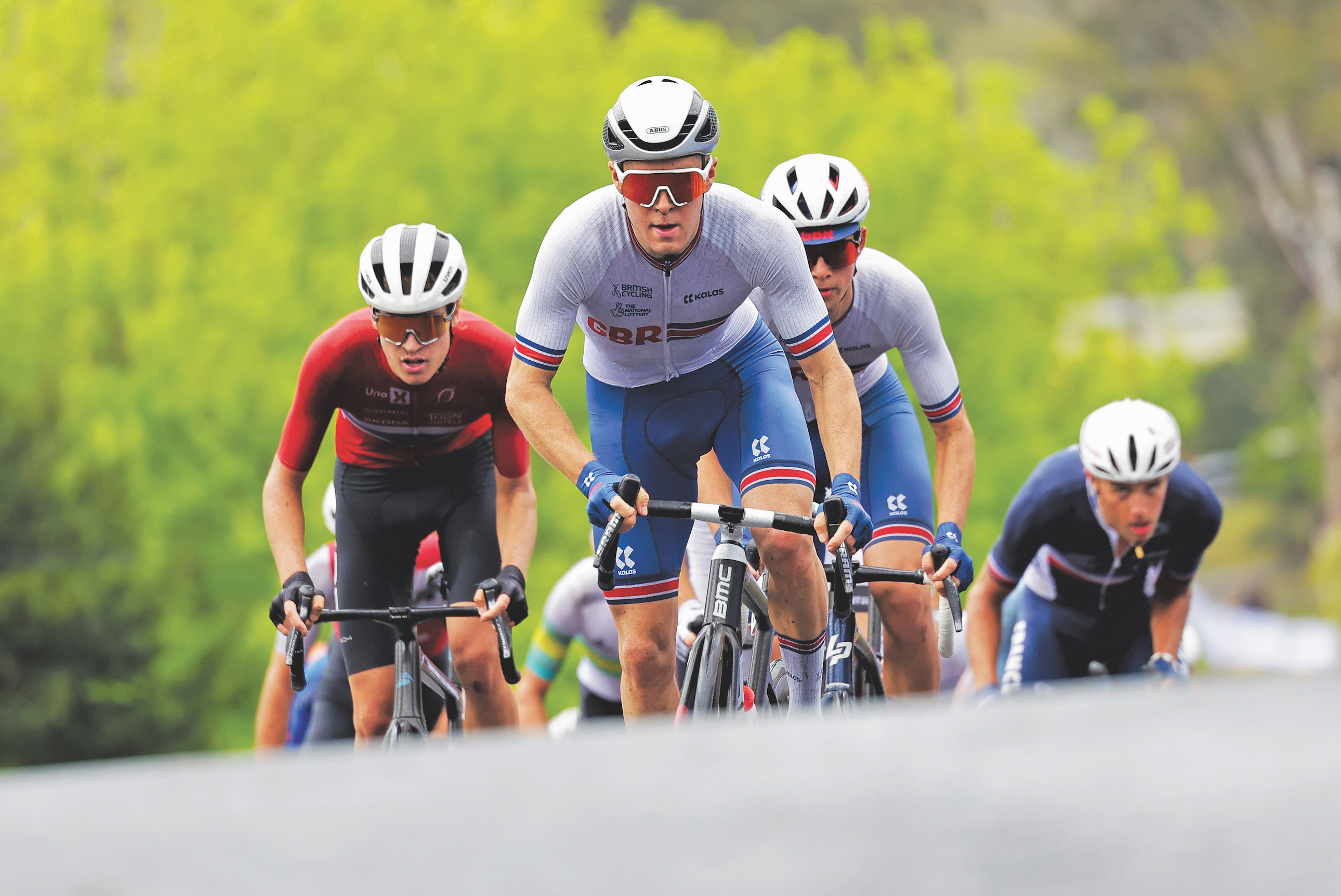 'When I say I'm new to road racing, my friends laugh!': Sean Flynn on turning pro after just one season on the road
'When I say I'm new to road racing, my friends laugh!': Sean Flynn on turning pro after just one season on the roadThe former national champion on the mud tells CW how he’s transferred his talents to the tarmac
By David Bradford
-
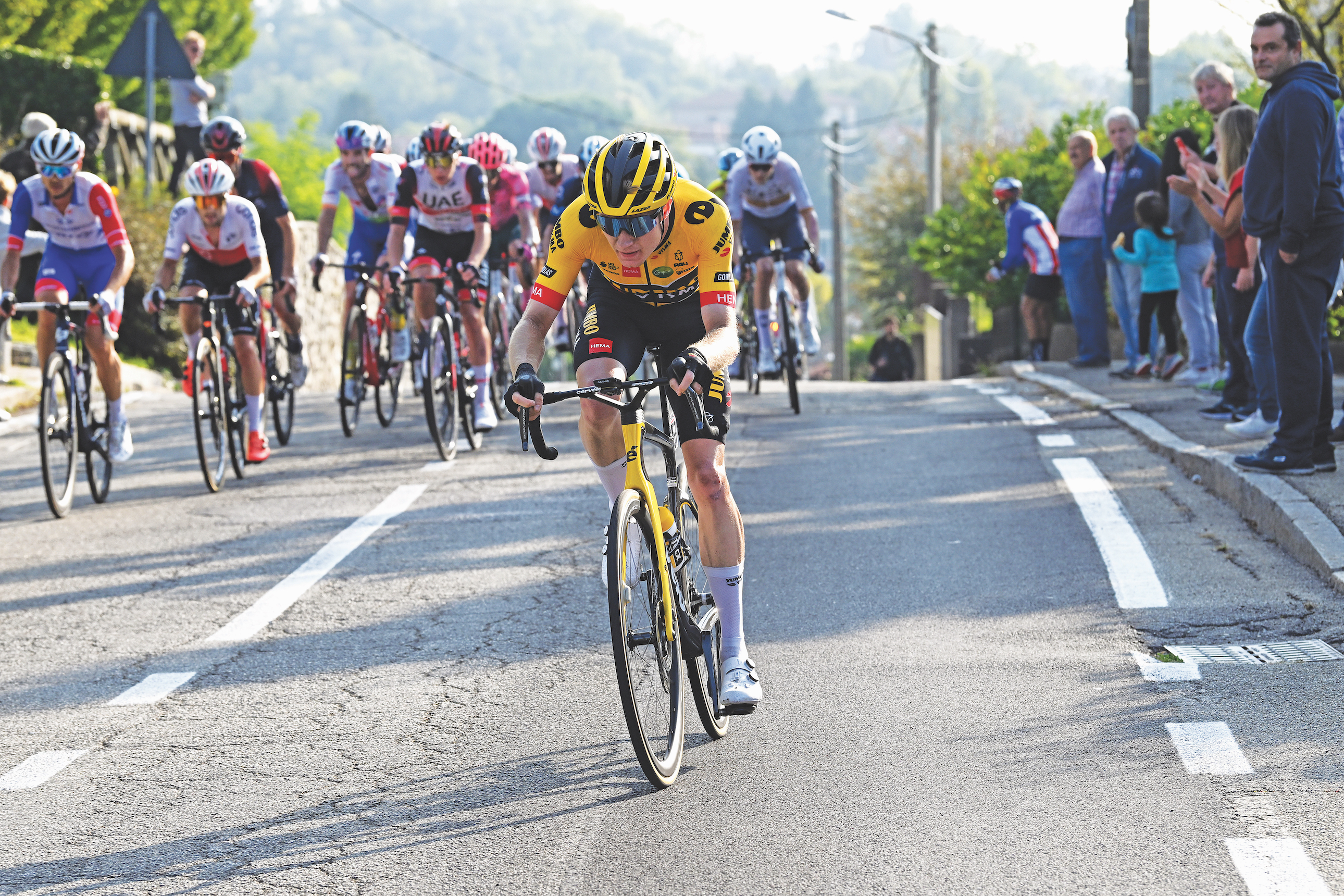 'I'm studying maths – my brain needs something else besides cycling': Thomas Gloag on his hunger for learning on and off the bike
'I'm studying maths – my brain needs something else besides cycling': Thomas Gloag on his hunger for learning on and off the bikeThe 21-year-old Londoner and new Jumbo-Visma signing on rising to the challenge as he begins his WorldTour career
By Chris Marshall-Bell